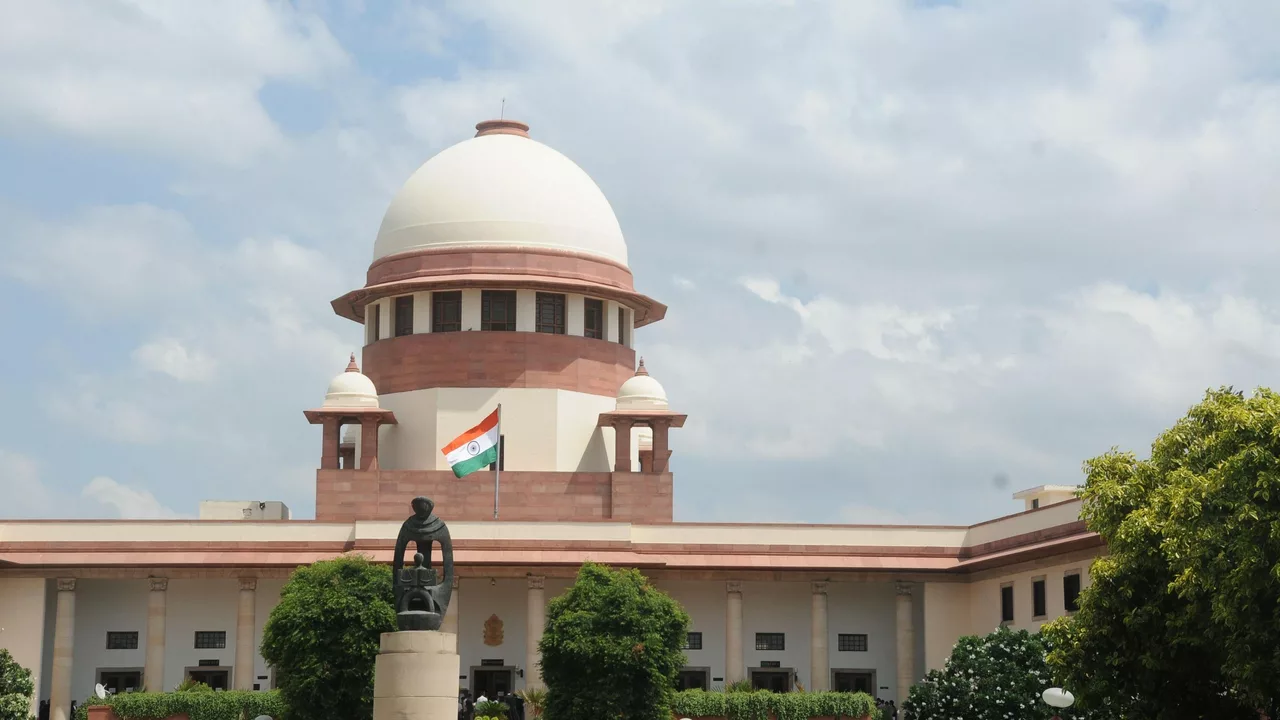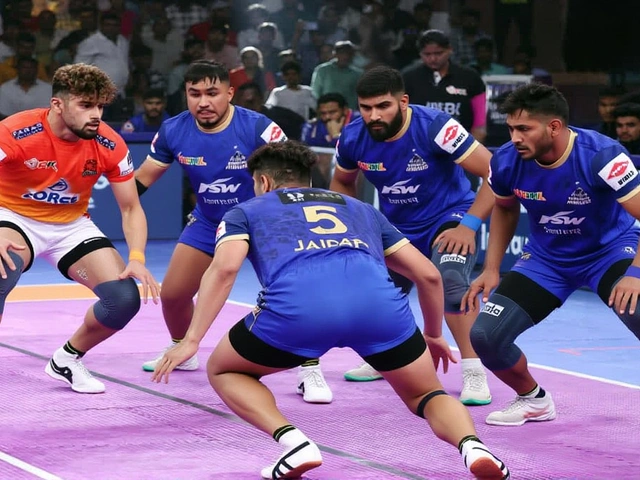The Need for a Supreme Court Bench in South India
As an Indian citizen, I have often pondered why the Supreme Court of India is only situated in the north, specifically in Delhi. This system seems to disregard the geographical vastness and diversity of our country. India’s legal system is meant to serve its people, and yet, it often seems like the people in the southern region are overlooked. The need for a Supreme Court bench in South India is not just about geographical convenience, it is about making justice more accessible to everyone, regardless of where they live.
South India consists of five major states namely; Andhra Pradesh, Karnataka, Kerala, Tamil Nadu, and Telangana, along with several Union territories. These states combined have a population of more than 250 million people. It is not fair or logical for these people to travel all the way to Delhi for their Supreme Court matters. The economic costs, the emotional toll, the unfamiliarity with the northern culture and language - all these factors add up to make justice more elusive for the common man from the south.
The Case for Decentralisation of Power
Decentralisation of power is a cornerstone of a true democracy. It is about ensuring that power and decision-making authority are not concentrated in a single place or a group of people. This principle applies as much to the judiciary as it does to the executive and legislative branches of government.
By setting up a Supreme Court bench in South India, we would be decentralising the judiciary to some extent. Not only would this make justice more accessible to the southern population, but it would also help in reducing the case backlog in the Supreme Court. It would allow the Supreme Court to function more efficiently and effectively, thereby strengthening our democracy.
Role of Regional Representation
Having a Supreme Court bench in South India would also ensure better regional representation. Each region in India has its unique socio-cultural dynamics, and these should be reflected in the judiciary. A judge from South India would likely be more aware of the local customs, traditions, and issues than a judge from another region. This could lead to more informed and fair judicial decisions.
Regional representation in the judiciary is not just about having judges from different regions. It is also about ensuring that legal proceedings are conducted in a language that the local population understands. Currently, all Supreme Court proceedings are conducted in English, a language that is not spoken or understood by a significant portion of the Indian population. By having a Supreme Court bench in South India, we could have proceedings conducted in local languages, thereby making justice more accessible to the common man.
The Precedent of High Courts
In India, we already have a system of High Courts spread across different states. This system has been working effectively for years. People are able to access justice at their state level without having to travel long distances. Why can't we extend this model to the Supreme Court? If we have multiple High Courts, why can't we have multiple Supreme Court benches?
The argument that a single Supreme Court bench helps maintain uniformity and consistency in legal decisions does not hold much weight. High Courts in different states often have differing interpretations of the same law, and yet, our legal system continues to function effectively. The Supreme Court can still maintain a uniform law interpretation by setting up a mechanism for resolving differences between its different benches.
Conclusion: Balancing Tradition and Progress
Tradition has its value, but it should not stand in the way of progress. The tradition of having a single Supreme Court bench in Delhi may have served us well in the past, but it is time to rethink this practice in light of the changing realities of our country.
Establishing a Supreme Court bench in South India is a step towards making our legal system more efficient, accessible, and fair. It is a step towards truly decentralising power and giving every Indian citizen, regardless of their geographical location, an equal chance at justice. As an Indian citizen, I strongly believe that we should have a Supreme Court bench in South India, and I hope that our policy makers will consider this proposal seriously.





